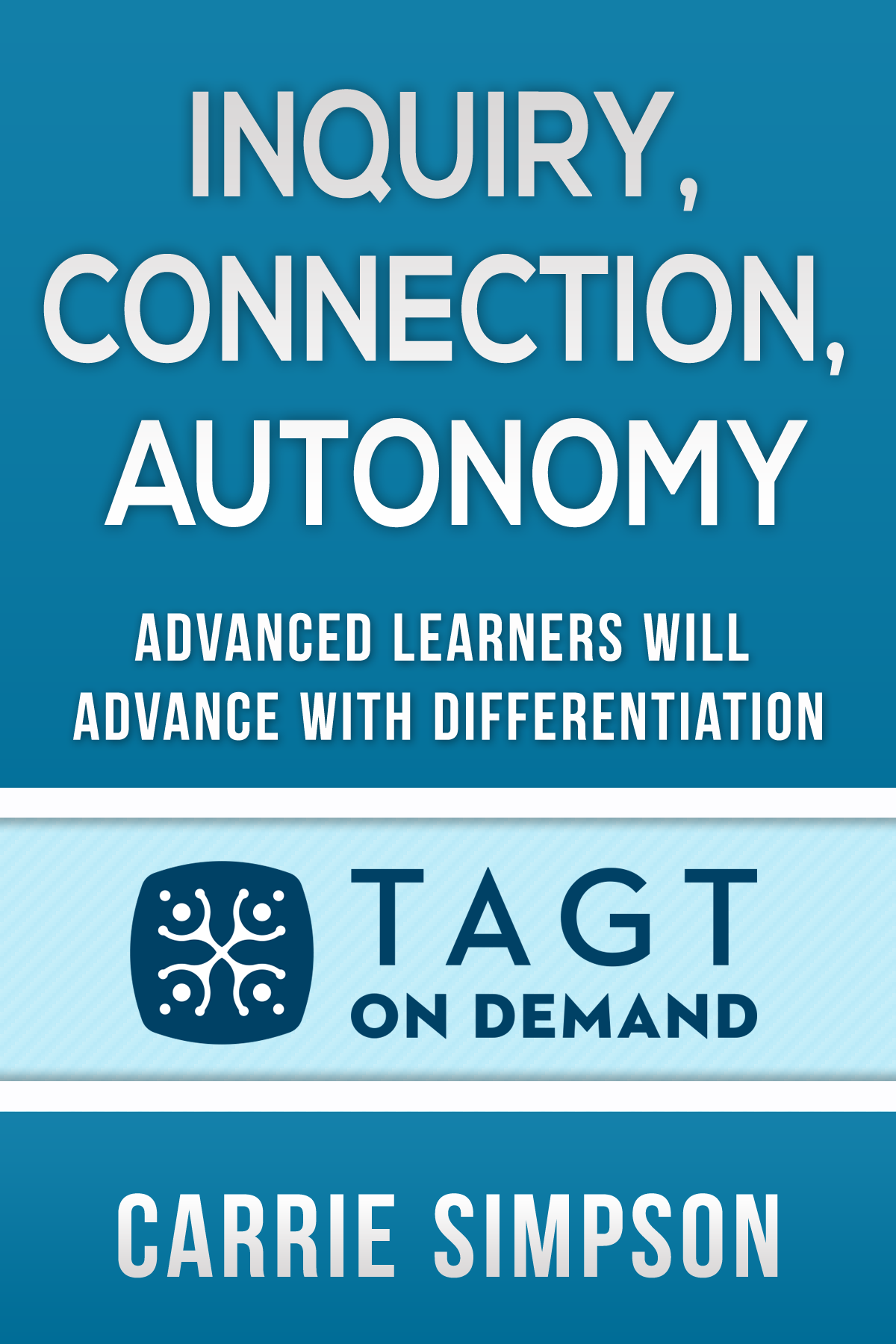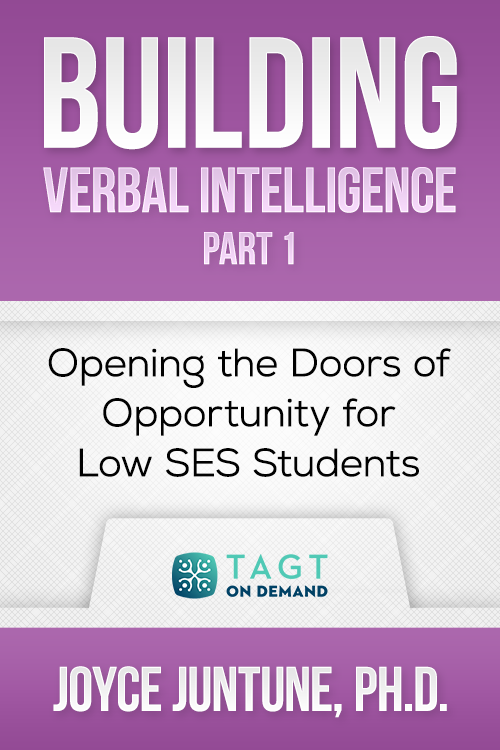Description
What if AP classrooms are not actually geared toward meeting the needs of gifted students? Differentiation is the key to engaging students across the learning spectrum, especially in the AP classroom; but many AP teachers avoid differentiating because they have false beliefs about how to use it, and how it can benefit their advanced learners.
In this 1-hour course, tackle the top three myths about differentiation:
- Colleges do not differentiate instruction
- Pre-AP and AP classes are already leveled and do not require differentiation
- Differentiation is meant to close performance gaps for struggling learners (or specifically for SPED classes)
Carrie Simpson, Ph.D., has been in the field of education for 14 years, serving in the classroom and in administration. She currently teaches courses on diverse populations for the University of Texas at Dallas. At the administrative level, Dr. Simpson has served in special student services as well as gifted student services, and has lead the Richardson ISD implementation of differentiated instruction across all secondary content areas. She has presented on the topics of gifted education, differentiation in the AP classroom and in the secondary classroom, inclusion models, instructional rounds and brain-based instructional practices.





